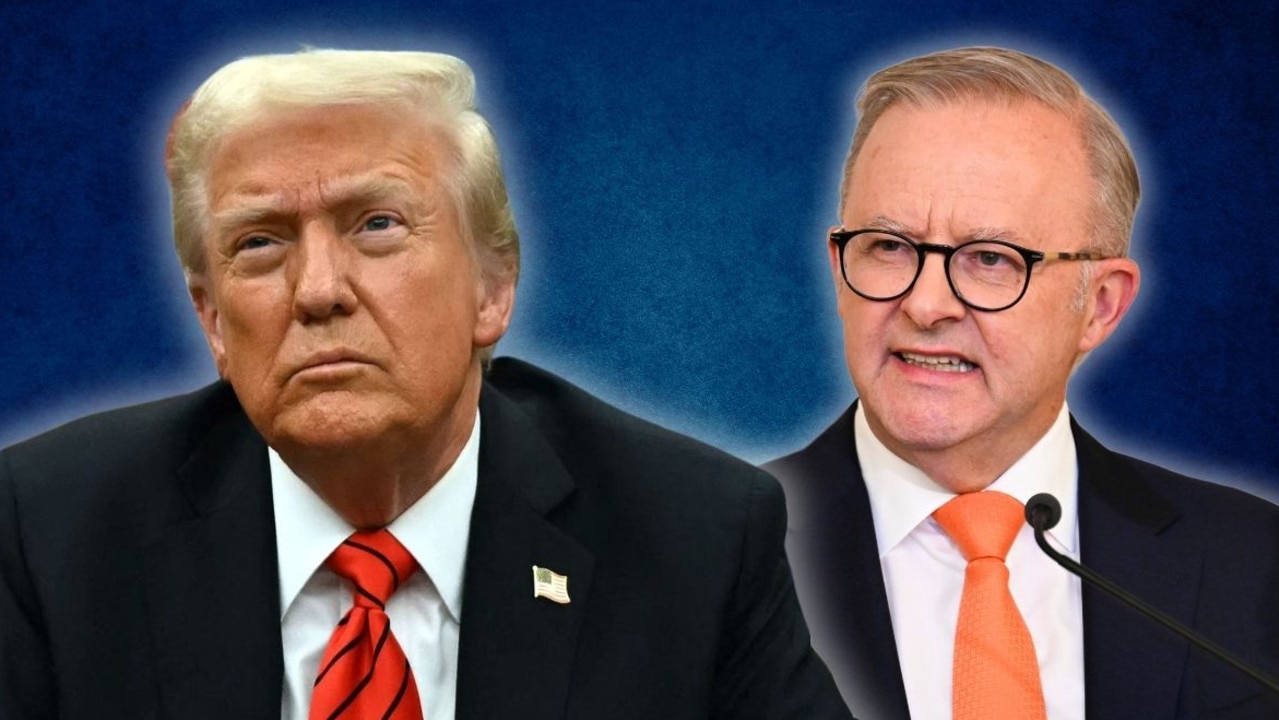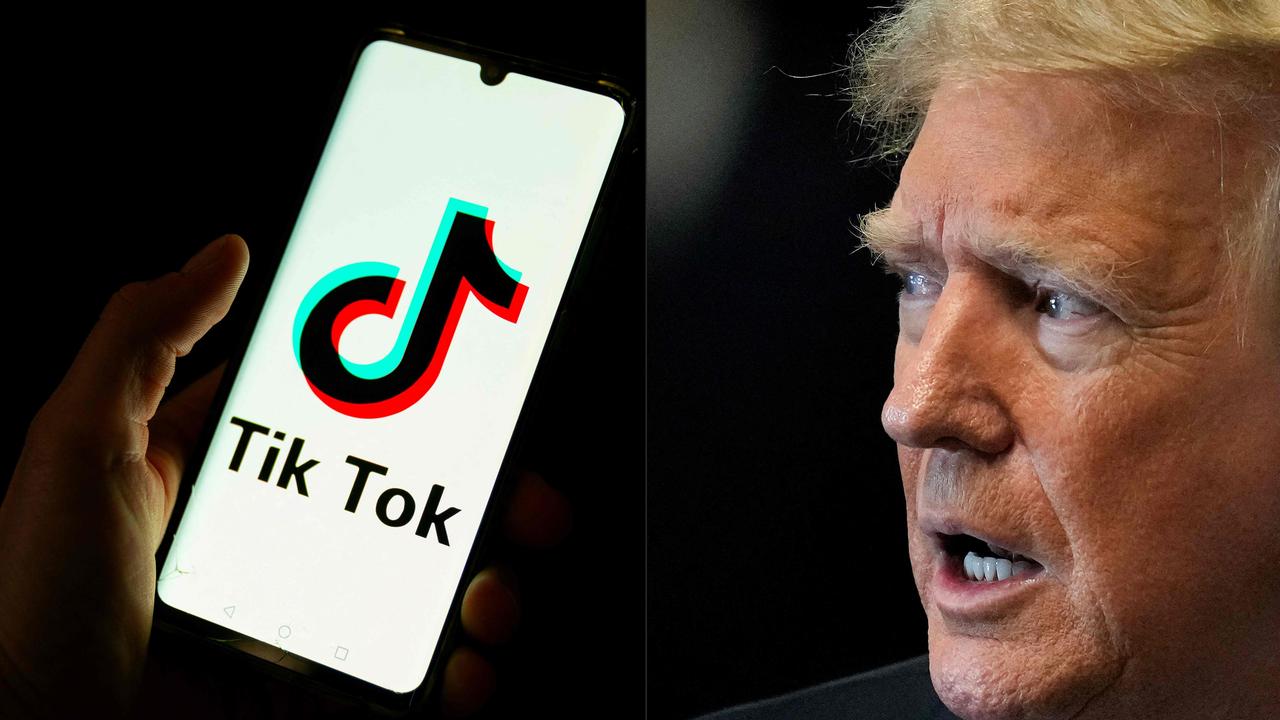Analysis: How Joe Biden’s pardon of son Hunter corrupts his presidential legacy
Joe Biden claimed he was different to Donald Trump. But in pardoning his son, he similarly sowed distrust in the principles and institutions that were a bulwark against his rival.
US Election
Don't miss out on the headlines from US Election. Followed categories will be added to My News.
The question of whether to pardon his son went to the core of Joe Biden’s political identity.
Was he the loyal father who fought to protect his family, having already suffered so much pain from losing his wife and daughter in a car crash and his eldest son to brain cancer?
Or was he the president who fought to uphold the rule of law, ending his half a century in politics by defending America’s besieged democratic institutions?
In announcing the pardon, Mr Biden hoped Americans would “understand why a father and a president would come to this decision”. But the President was really only thinking as a father.
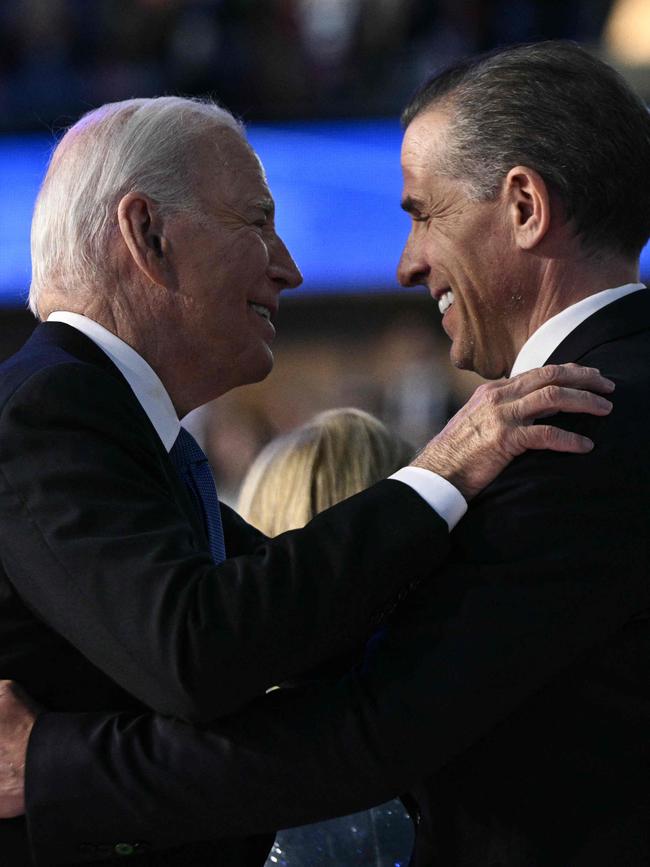
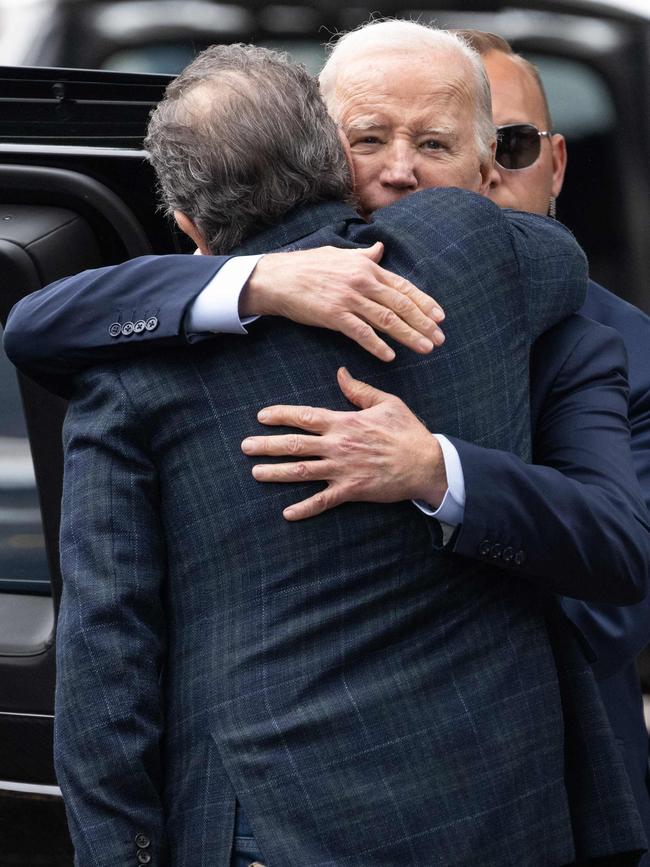
His rationale was understandable. The investigation and prosecution of Hunter Biden was clearly influenced by politics, and the crimes he committed – lying about his drug use when buying a gun and failing to pay his income taxes – are rarely treated so heavy-handedly.
Mr Biden also worried that with the return of Donald Trump, his son could be the target of his promises of revenge, enacted by fierce loyalists tapped for top law enforcement posts.
So he changed his mind. After months of vowing there would be no pardon, Mr Biden wiped his son’s convictions and kept him out of jail, days before he was due to be sentenced. And in doing so, the loyal father corrupted his political legacy, with far-reaching consequences.
It is not that it is uncommon for presidents to use their pardon power for personal means. Mr Trump pardoned his son-in-law’s father for illegal donations, tax evasion and a plot in which he hired a sex worker to help blackmail his brother-in-law who was co-operating in the investigation against him. Mr Trump has now tapped him to be his ambassador to France.
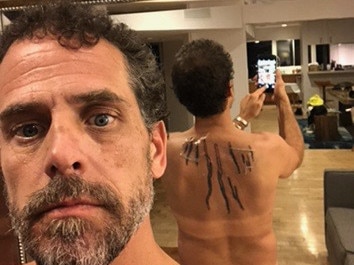
But that example proves Mr Biden’s problem. He told voters he was different from Mr Trump, that he believed in and would ensure the rule of law, no matter the cost to himself.
Throughout the criminal prosecutions of Mr Trump, the President remained studiously silent, determined for the cases to fairly run their course. Now, in pardoning his son, his criticism of the Department of Justice is the same as the weaponisation claims made by his predecessor and successor: that the charges were instigated “to attack me and oppose my election”.
Mr Biden is sowing distrust in the institutions and the principles he painted as the bulwark against Mr Trump – and it is the President-elect who will benefit the most.
Upon his return to power, Mr Trump is vowing to pardon and release the “hostages” jailed over the January 6 riot. Doing so would be a shameful end to a disgraceful chapter, not to mention a contradiction of him calling Hunter Biden’s pardon a “miscarriage of justice”.
But the President’s final act makes it so much harder for his party to make that argument to voters, many of whom already believe the system is rigged. After all, the Democrats tried to win from the moral high ground and lost. Mr Trump never sought it out and won anyway.



